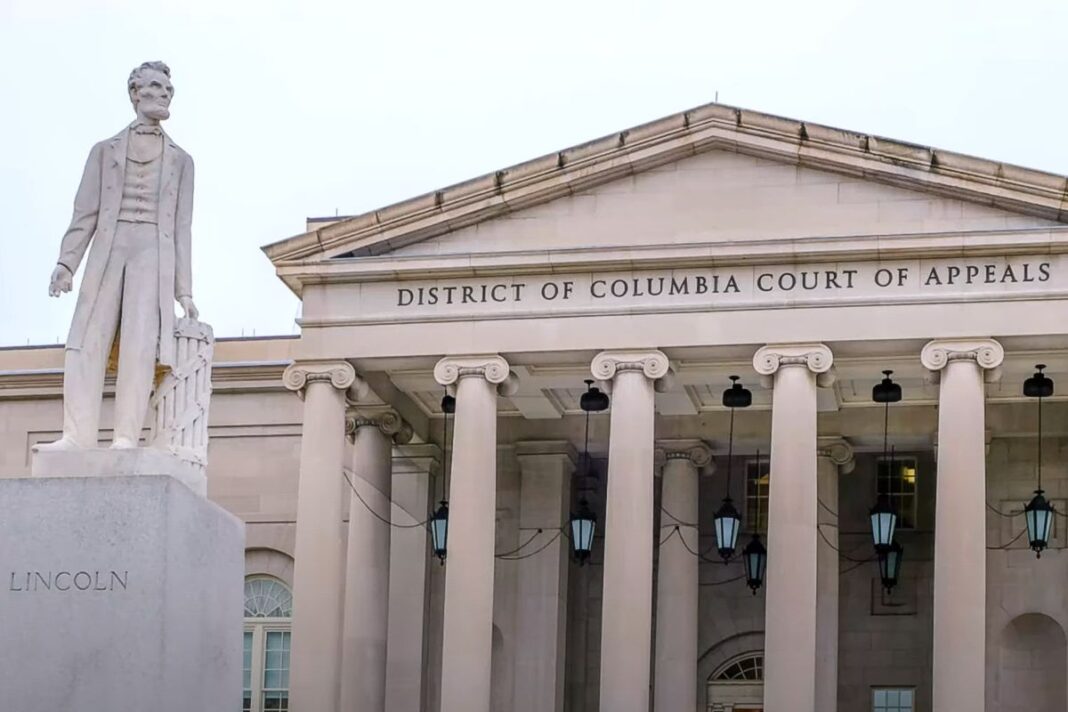An appeal before the Supreme Court would allow the court to review whether Trump’s order to end birthright citizenship is legal.
The Department of Justice (DOJ) on Wednesday indicated that it would move to quickly ask the U.S. Supreme Court to review the constitutionality of President Donald Trump’s executive order that seeks to terminate birthright citizenship.
In a filing with the U.S. District Court for the Western District of Washington in Seattle, attorneys for the DOJ told a federal judge about its plans to petition the high court about the order.
“In light of the Ninth Circuit’s decision, Defendants represent that the Solicitor General plans to seek certiorari expeditiously to enable the Supreme Court to settle the lawfulness of the Citizenship Order next Term, but he has not yet determined which case or combination of cases to take to the Court,” attorneys with the DOJ told U.S. District Judge John Coughenour.
In June, the Ninth U.S. Circuit Court of Appeals, based in San Francisco, ruled that Trump’s order seeking to limit birthright citizenship is unconstitutional, affirming a decision from Coughenour that had previously blocked its enforcement nationwide. The Supreme Court later ruled that in some cases, federal judges cannot issue nationwide injunctions. It didn’t rule on the merits of the Trump administration’s arguments relating to banning birthright citizenship for illegal immigrants.
An appeal before the Supreme Court would allow the high court to review whether Trump’s order is permitted under the Constitution’s 14th Amendment.
Several other federal judges have ruled against the Trump administration on the order since it was signed by the president in January. On Wednesday night, U.S. District Judge Deborah Boardman ruled that the government cannot withhold citizenship from children born to people in the country illegally or temporarily, saying that the plaintiffs who brought the case are “extremely likely” to succeed.
Text of the order says that the 14th Amendment has “never been interpreted to extend citizenship universally to everyone born within the United States” and that the amendment has excluded the privilege for individuals born in the United States but who are not “subject to the jurisdiction thereof.”
DOJ attorneys have argued that the phrase “subject to United States jurisdiction” in the amendment means that citizenship isn’t automatically conferred to children based on their birth location alone.








